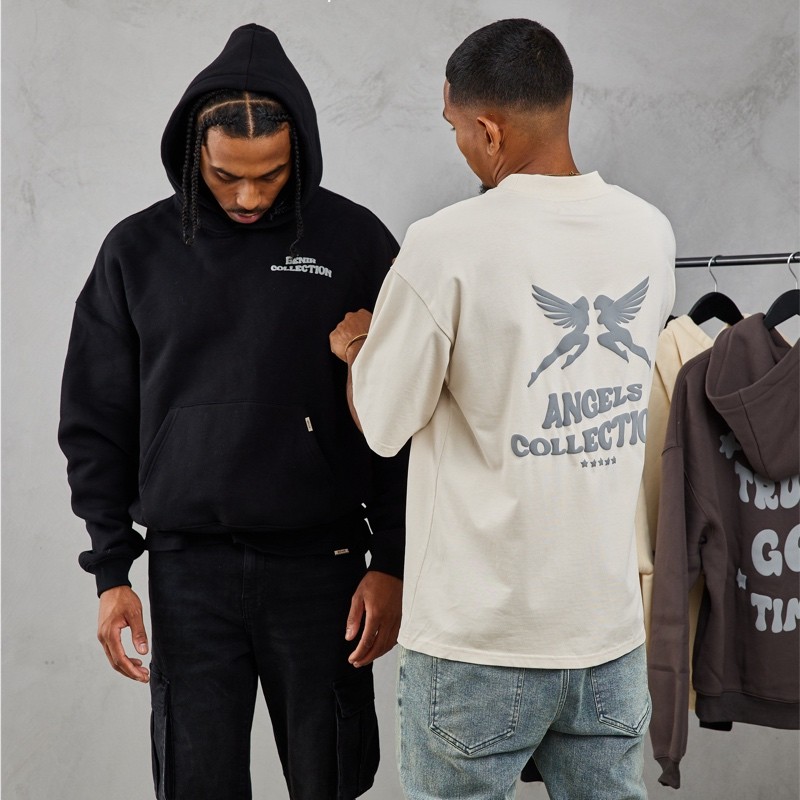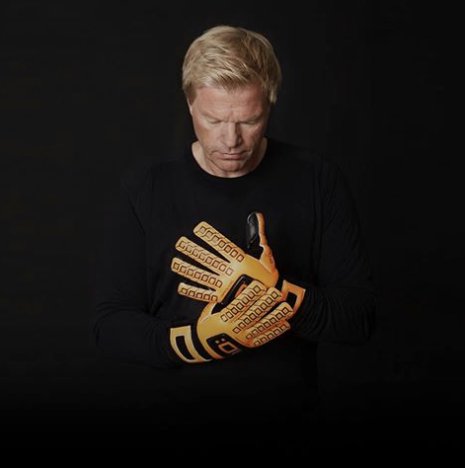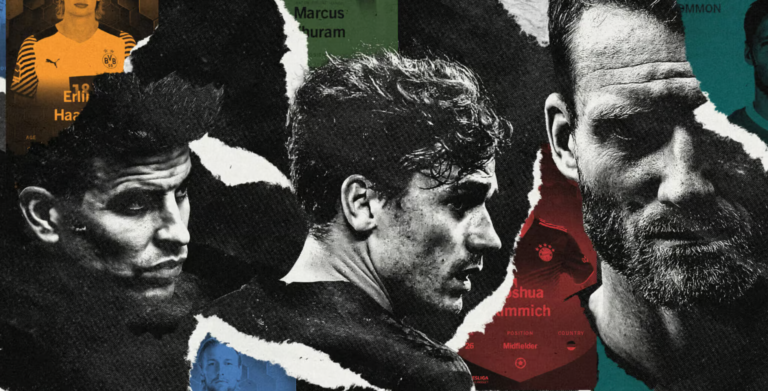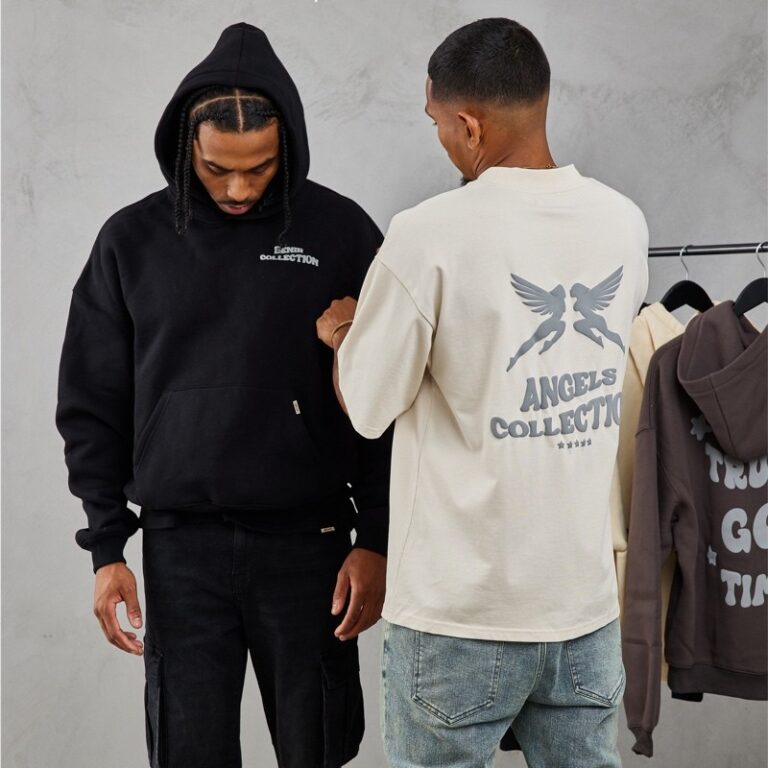Heard of leaky gut? It’s scary stuff. There’s more footballers with it than ever before. And to make matters worse, no one’s doing anything about it.
Every day, more and more players are diagnosed with this concerning condition. And that’s exactly what it is, a concern.
You see, I googled it after long lecture from a family member. At best, there’s a chance it exists. But really, there’s no evidence.
And yet, I had you believing there was. Or even worse— that you might have it. This is exactly how online brands are making a killing.
It’s like Fiz always says: “The closer something is to a scam, the more money it will probably make.” Do with that what you will.
Anyway, the brands capitalising on leaky gut are a classic example of NAILING my 3 golden rules of Direct to Consumer (DTC) products:
- High margin
- Repeatable purchases
- Solving a problem
But before we jump in, let me start by saying, bro, it already exists. Almost every DTC idea you’ve had exists. But don’t worry. It’s a good thing.
Ball business just shows you how to do it better.
Demetri Mitchell is a winger for Exeter City. He also played for United’s academy and made a premier league appearance.
D started https://benirclothing.com, a premium streetwear brand, in 2019.
Now… I can’t comment on the style; I’ll leave that to Fiz. But the branding here is on point. The clothes look high quality.
Even still, I’d never start a clothing brand… I’ll tell you why. Keep reading.
- DTC products should have high margins
Margin is the difference between the cost to make a product and the amount it’s sold for. While Demetri’s Benir is reasonably priced, its margins aren’t as impressive. It costs to make quality.
However, for luxury brands, margins can be enormous. Take Louis Vuitton. They sell bags at 10x the price of everyone else.
And 1000x more than it took to make the bleeding things. But they can. Louis V is over 100 years old and has built a reputation for luxury over time, precisely why your girl loves them.
It takes a lot to have that pull. You should know.
On the other hand, products like supplements, gut health, sleep tablets, and protein powder are cheap to produce and can be branded to justify high prices.
2. The products should be repeat purchases
The next best thing is if your customers run out. You know, if they eat it, put too much on or, better, drink it. That’s why consumable products are sick. No one wants to run out of their gut-leaking supplement thingy-majigs.
By offering subscriptions or recurring orders, brands can keep customers coming back and build a loyal customer base.
Plus, the feedback helps improve products to keep customers happy.
Back to Benir for a moment. While clothing can be profitable, it’s not consumable, so it doesn’t encourage repeat purchases in the same way.
Buyers might come back again, but they don’t buy the same t-shirt over and over and over.
3. Solving problems works best
It’s simple. Sell something that solves a problem! How often do we get an idea only to realise it doesn’t solve a problem? It doesn’t fix a thing. F*ck nice-to-haves! You want to look someone straight in the eye and say:
Got a problem? I’ve got the solution.
Leaky gut? Got supplements for that.
It’s that easy. Identify a problem, offer a solution, and make it sound appealing.
Yeah, leaky gut isn’t really a problem. But people think it is. And by God are they making money on the solution!
Shout out to Demetri because Benir Studios is clean. I hope he crushes it.
If clothing is your thing too, there’s no reason you can’t offer high-margin, repeatable, and well-branded products. Just make sure you do.
If DTC brands sound interesting, check out this post for more.









